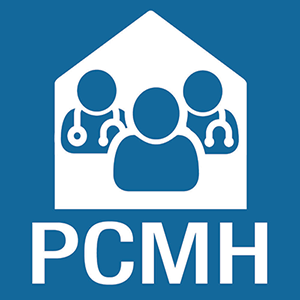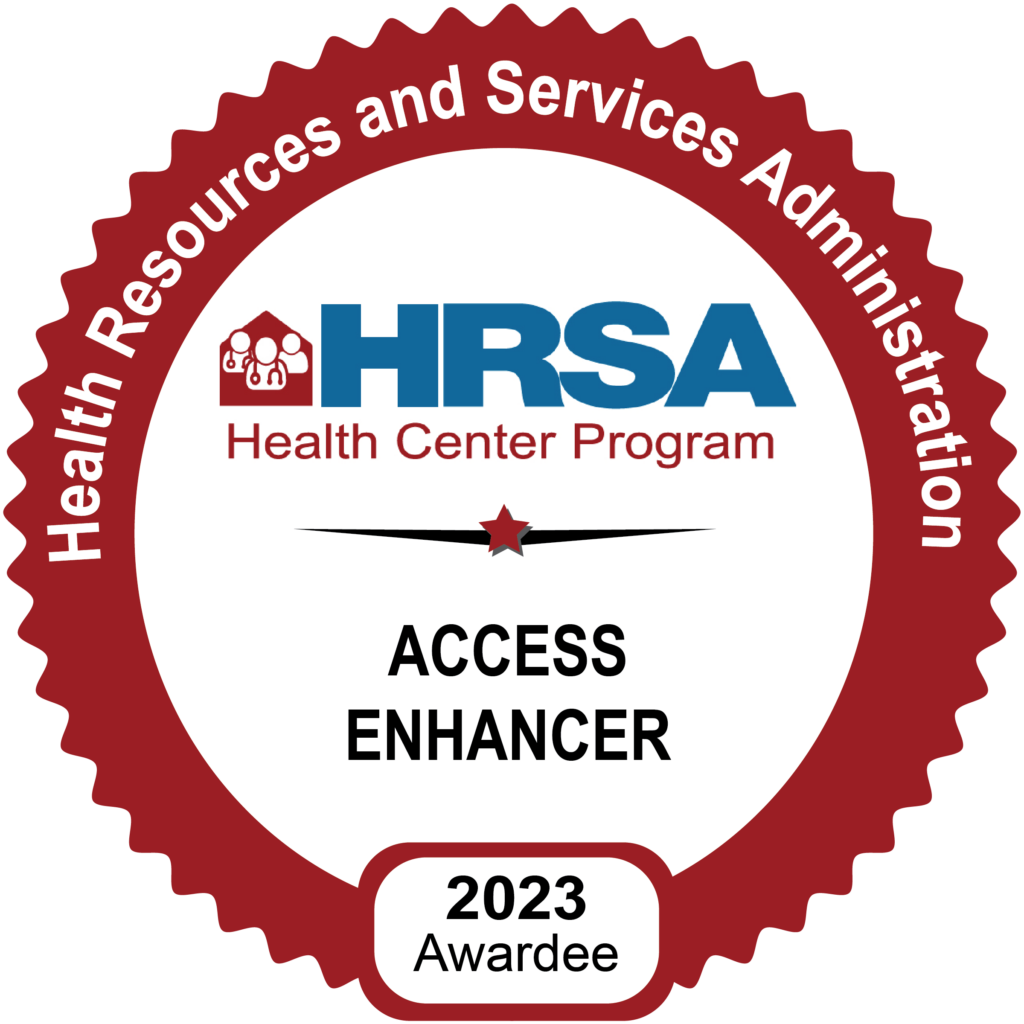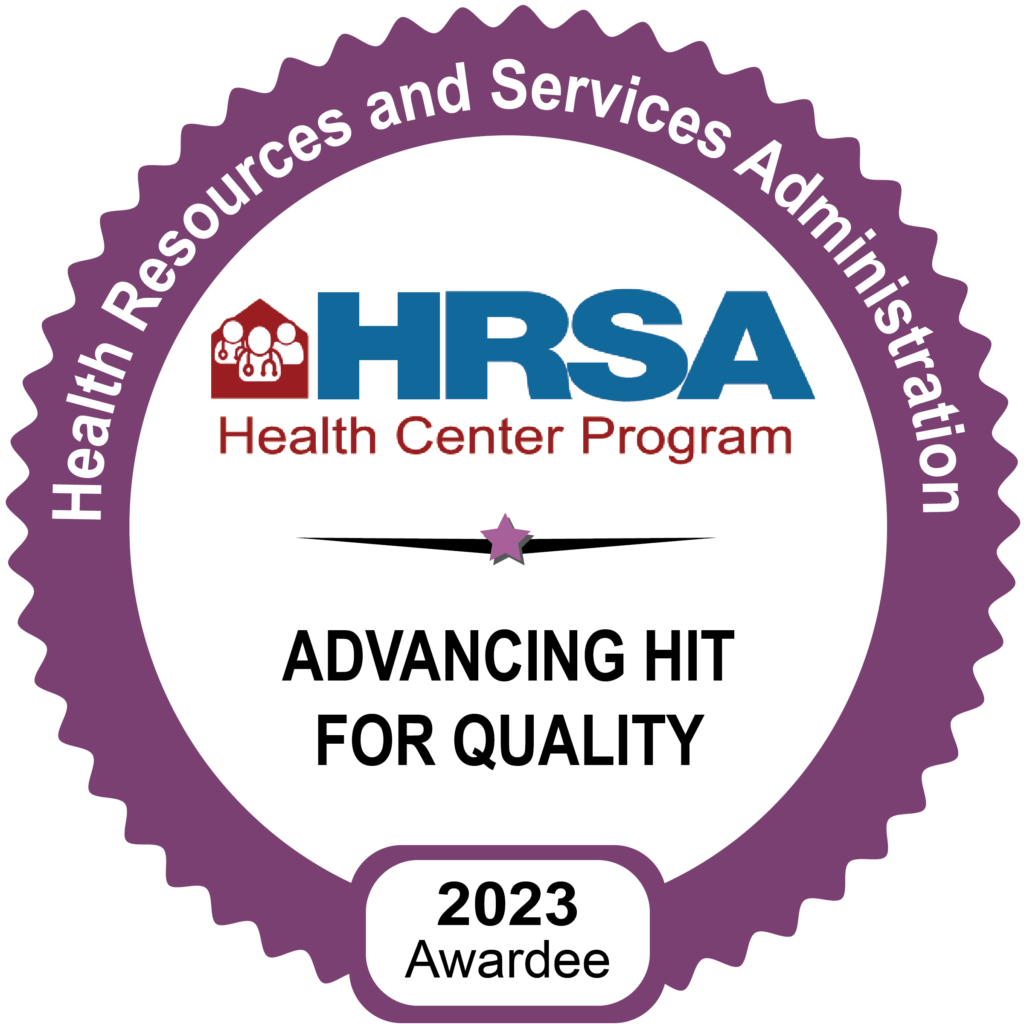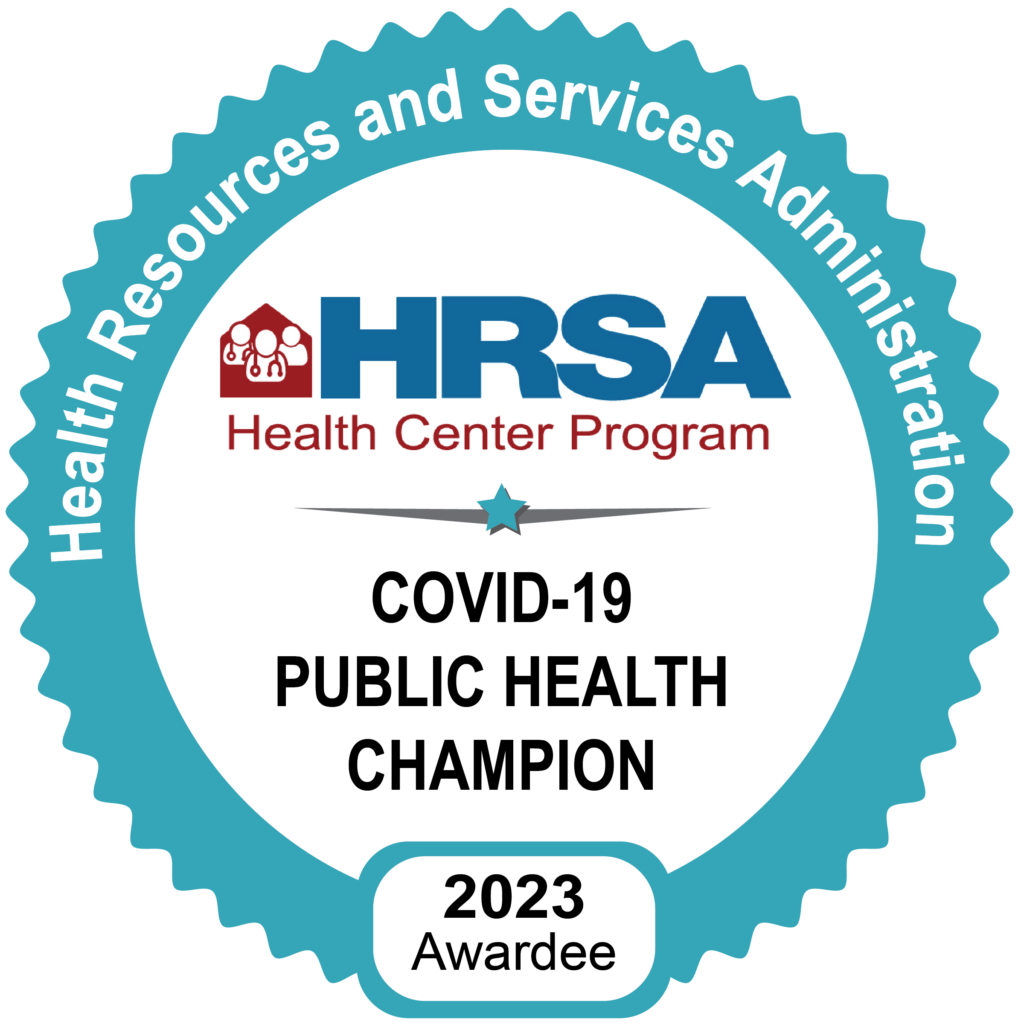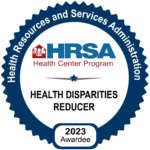COVID-19 Vaccine Questions and Concerns
Will I have to pay for the vaccine?
No. The vaccine is free to everyone
Can undocumented immigrants receive the vaccine for free? Can I still get the vaccine if I don’t have an ID card?
Yes. The vaccine itself is free for all Massachusetts residents. Yes. You can get a vaccine even if you do not have insurance, a driver’s license or a Social Security number.
Will a COVID-19 vaccination protect me from getting sick with COVID-19?
Yes. COVID-19 vaccines work by teaching your immune system how to recognize and fight the COVID-19 virus, and this protects you from getting sick with COVID-19.
Should people who have had COVID-19 be vaccinated?
Yes, people who have previously had COVID-19 should still be vaccinated.
Can a COVID-19 vaccine make me sick with COVID-19?
No. None of the current COVID-19 vaccines in the United States contain the live virus that causes COVID-19. This means that a COVID-19 vaccine cannot make you sick with COVID-19.
Are the COVID-19 vaccines safe?
Yes. All the COVID-19 vaccines being used have gone through many studies to show they are effective and meet strict safety requirements. This has been shown from large clinical studies. The benefits of the COVID-19 vaccine for preventing serious illness and death from COVID-19 are much greater than the risk of mild side effects.
Will I feel sick after the COVID vaccine? What are common side effects of the COVID vaccine?
The COVID-19 vaccines teach our immune systems how to recognize and fight the virus that causes COVID-19. Sometimes this causes symptoms, such as pain and swelling at the injection site, fever, chills, body aches, fatigue and headaches. These symptoms are normal and are a sign that the body is building protection against the virus that causes COVID-19. These side effects should go away quickly in a few days. Rarely, a person can have an allergic reaction to a vaccine right after getting it, this is why all patients wait 15-30 minutes after vaccination to be assessed before leaving the clinic.
How do I reduce the discomfort in my arm after receiving the COVID-19 vaccine?
To reduce pain and discomfort where you got the shot:
- Apply a clean, cool, wet washcloth over the area.
- Use or exercise your arm.
How do the COVID-19 Vaccines work?
Both the Pfizer and Moderna COVID-19 Vaccines work by training your immune system to recognize a small part of the COVID-19 virus called the “spike protein” so that your body can recognize and kill the COVID-19 virus if you are exposed. The COVID-19 vaccines do not change or interact with your DNA in any way.
Do I need to continue to wear a mask and social distance after getting the vaccine?
Yes. There is not enough information yet to know if getting a COVID-19 vaccine will prevent you from spreading COVID-19 if you are exposed to the virus, even if you don’t get sick yourself.
How many doses of the COVID-19 vaccine will I need?
The current vaccines to prevent COVID-19 are given in 2 shots to get the most protection:
- Pfizer vaccine doses should be given 3 weeks (21 days) apart
- Moderna vaccine doses should be given 1 month (28 days) apart
Can I get another vaccine at the same time as the COVID-19 vaccine?
Wait at least 14 days before getting any other vaccine, including a flu or shingles vaccine, if you get your COVID-19 vaccine first. And if you get another vaccine first, wait at least 14 days before getting your COVID-19 vaccine.
After getting a COVID-19 vaccine, will I test positive for COVID-19 on a viral test?
No. None of the COVID-19 vaccines currently available in the United States can cause you to test positive on viral tests, which are the tests used to see if you have a current infection.
How soon after receiving my second COVID vaccine will I be protected from COVID-19? How long does protection last?
It takes time for your body to build protection after any vaccination. COVID-19 vaccines that require 2 shots may not protect you until a week or two after your second shot. Scientists don’t know yet how long protection lasts after your second shot.
I’m pregnant – should I get the COVID-19 Vaccine?
Toggle ContentCurrently there are no data on the safety of COVID-19 vaccines in people who are pregnant. COVID-19 infection in pregnancy can increase the risk of severe illness and outcomes like preterm birth. Getting vaccinated is a personal choice for people who are pregnant. If you are pregnant or breastfeeding and have questions around getting vaccinated, please ask your healthcare provider.
I’m young/ healthy/ have a strong immune system – Do I need to get the COVID-19 Vaccine?
Yes. Some young and healthy people have gotten very ill or died from COVID-19 infections. Many other young people spread COVID-19 because they don’t realize they are infected. Getting the COVID-19 vaccine protects you, your family and your community.
How was the vaccine tested and has the vaccine been tested on people like me?
The Moderna vaccine was tested on 30,000 people age 18 and older (79% White, 10% Black, 20% Latinx, 4.6% Asian, 1% American Indian, Alaskan Native, Pacific Islander, 4% Other or multiracial). The Pfizer vaccine was tested on 37,000 people age 16 and older (83% White, 9% Black, 37% Latinx, 4.3% Asian, 0.5% American Indian, Alaskan Native). Half of the people in the Pfizer study had conditions like obesity, diabetes and heart disease. The vaccine has not been studied on people who are pregnant or breastfeeding.
The information above was adapted from cdc.gov/coronavirus, Mass.gov COVID-19 vaccine frequently asked questions and Massachusetts League of Community Health Centers: COVID-19 Vaccine Common Questions and Concerns.
